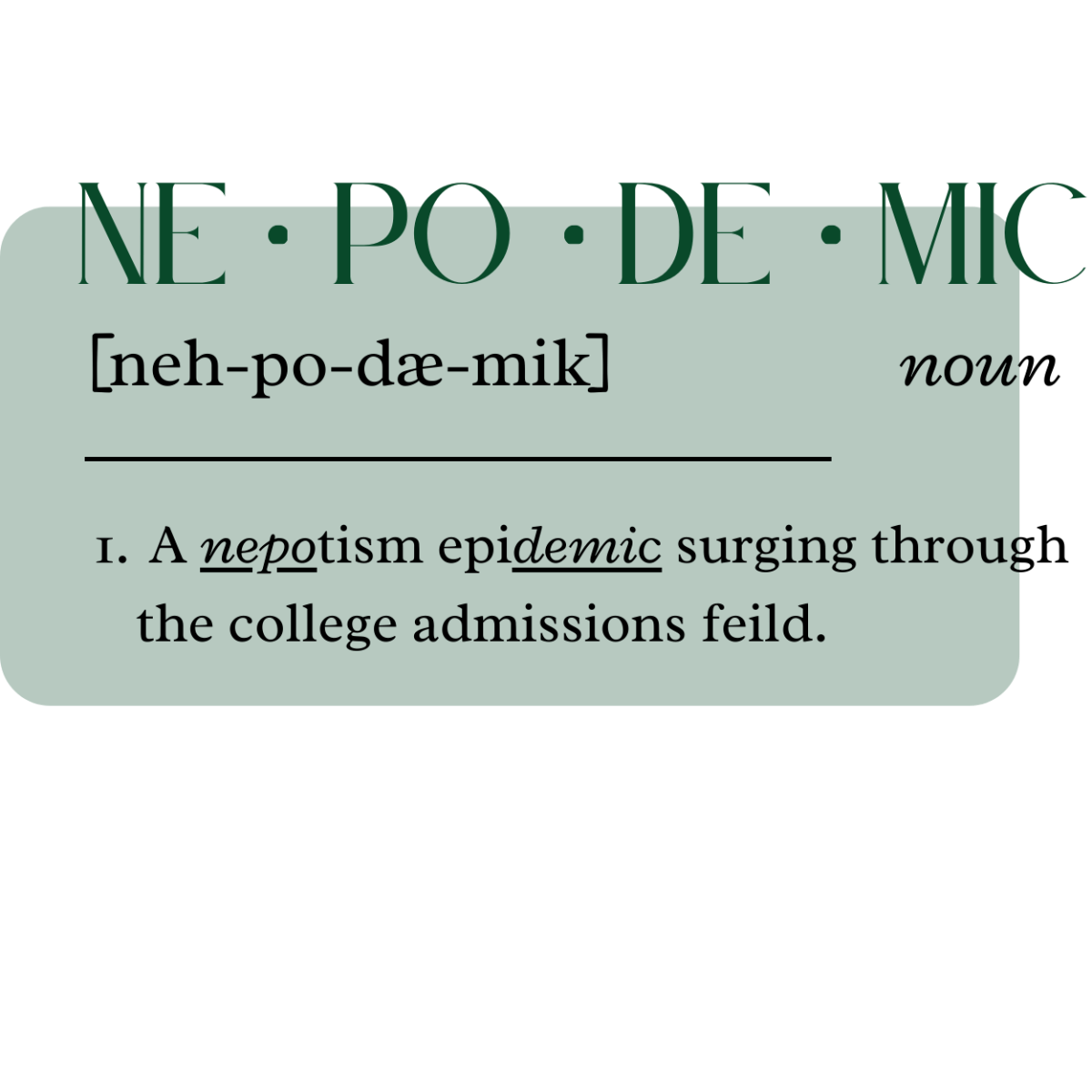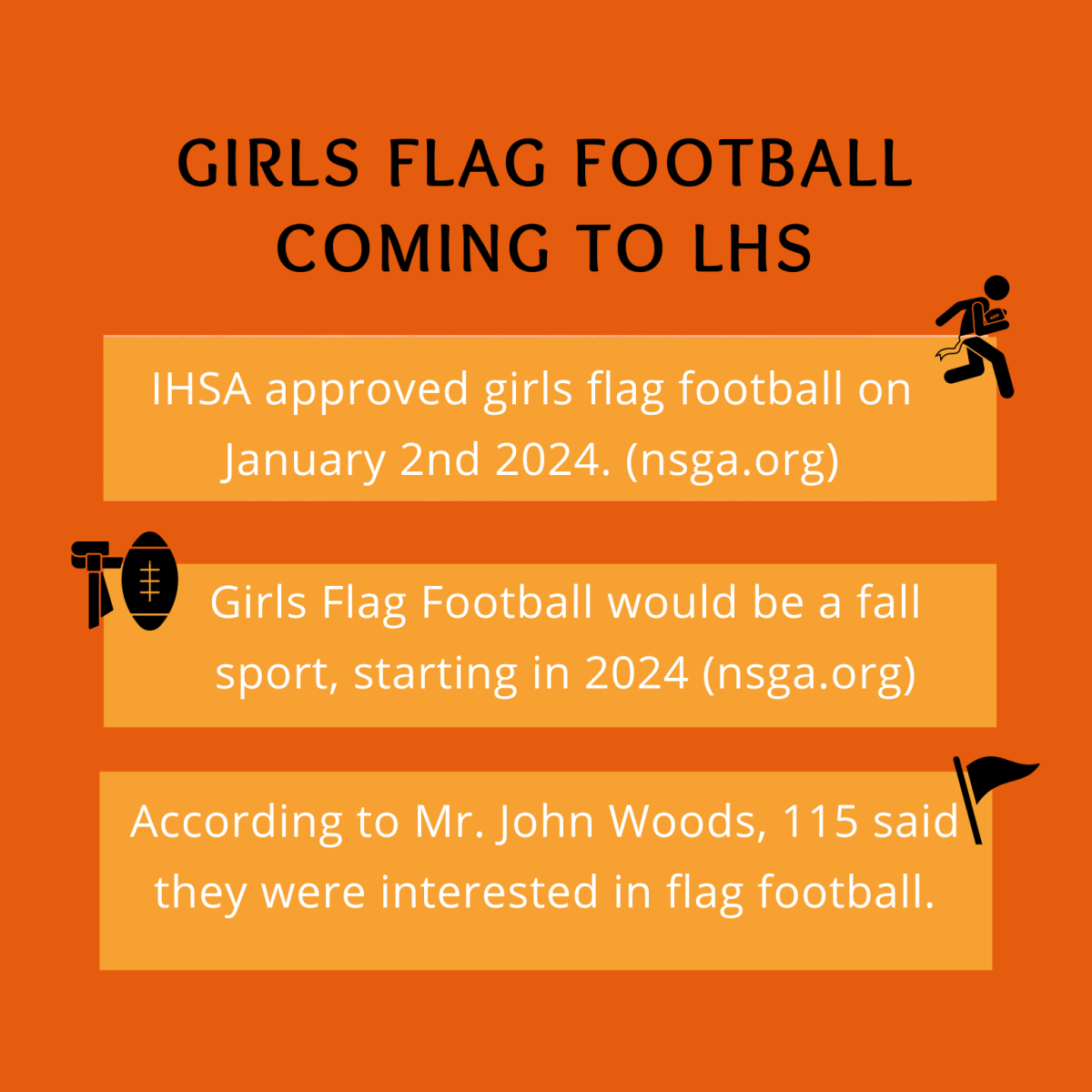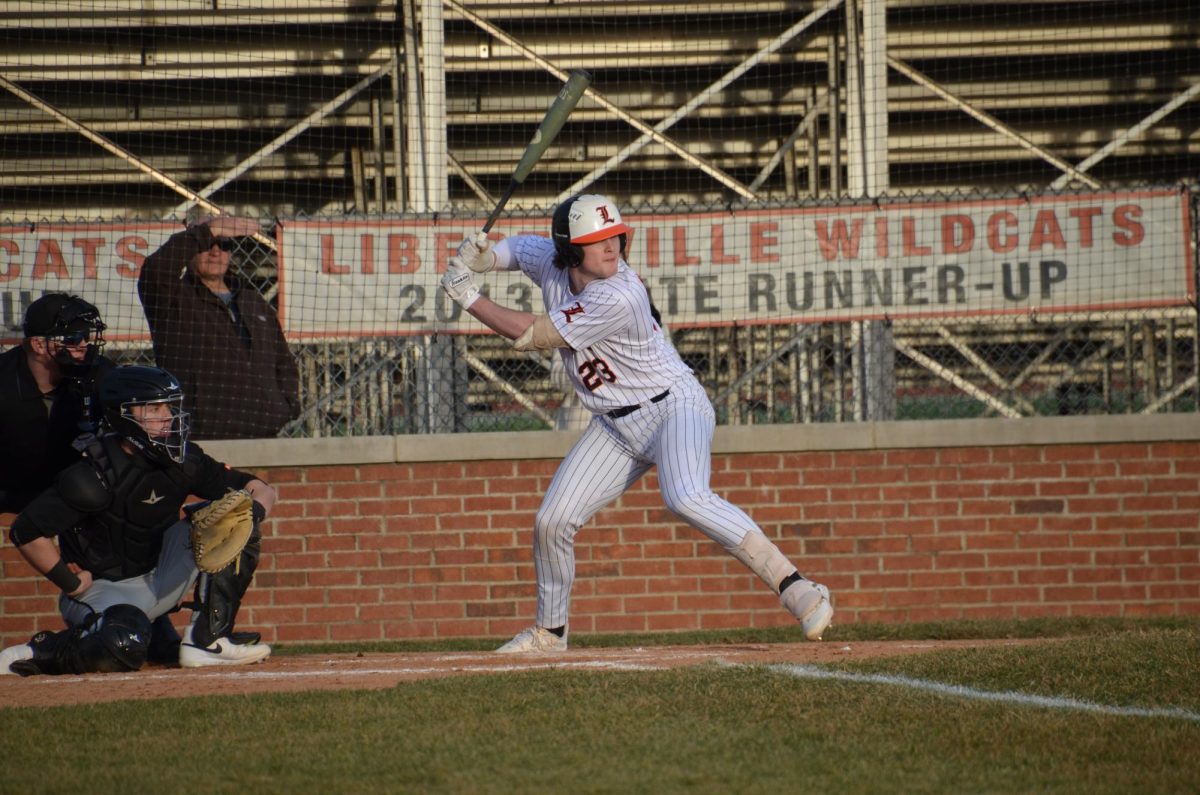
1994 was a simpler time. People were still smarter than their phones, “The Simpsons” was still funny, and Times New Roman was still the absolute standard for typed material.
But then came Vincent Connare. An ambitious typographer for Microsoft, he had set out to fill a void Times New Roman couldn’t: the fun, but still commonly accepted, typeface. Actually, Connare’s original intention was to create a fun font that could fill in the speech bubbles on comics (hence the name Comic Sans), but his creation has since become ubiquitous.
Comic Sans MS–the “MS” stands for Microsoft–is one of the most popular fonts in the world today. It’s used in a variety of settings around the globe, and that’s one of the reasons it’s attracted so much criticism.
Websites like bancomicsans.com and comicsanscriminal.com inveigh against the overuse of Comic Sans in professional environments, and a growing movement in popular online forums such as Reddit is speaking out against the font. Yet many people are equally staunch in their support of Comic Sans.
“I actually use [Comic Sans] for everything in my classes,” said Mrs. Katti Bachar, a chemistry teacher at LHS. “There are a couple personal reasons, and then there’s actually some educational reasons behind that. The personal reason is that when I teach chemistry, looking at HCl, if you have a lower-case l versus a capital I, it’s really difficult for students, so I needed to make sure I had a font that differentiated between the [lower-case] l and the capital I.”
There are several problems with this first contention. One, the “l” and the “I” are clearly differentiated with Times New Roman. Secondly, even if they weren’t, should one compound in a class full of them really be reason enough to use a particular font for everything in the course?
“In a more educational setting,” continued Mrs. Bachar, “there’s actually a Princeton University research project that looked at Comic Sans and showed that students retained the information they read a little better through [text] that was in Comic Sans.”
While the researchers did conclude that students were able to retain information better when it was presented to them in harder-to-read fonts like Comic Sans, they also deduced that information was harder to learn in the first place with these fonts. Additionally, this study was by no means comprehensive nor conclusive; its own authors warned against taking their findings–which were drawn from a mere 250 participants–too seriously.
“In the study, the authors caution that these findings need to be further investigated. They stress that if the material becomes illegible or otherwise unnecessarily difficult, it would hinder learning,” wrote Elisabeth Donahue for the school news bulletin at Princeton. “The authors also suggest that students who are easily discouraged or less able might actually give up with the harder-to-read fonts rather than digging in and really learning the material.”
Many tend to agree with this latter assessment, asserting that Comic Sans is not only aesthetically unattractive, but that it also can inhibit learning.
“Making more of an effort to read something doesn’t make you remember it better, per se,” said Rob Ervine, a sophomore at LHS. “If you put a lot of effort into remembering something, then it’s going to work out for you. In most cases, and for me personally, it’s more like, ‘OK, I paid attention [in general],’ not ‘I paid better attention to something because it’s more difficult to read,’ and I think that [making it harder to read] actually makes it harder to pay attention to.”
In other words, with only limited will to learn about a given subject, a font like Comic Sans can just be distracting.
One final defense of Comic Sans is that it’s easier to read for people with dyslexia.
“So they’re showing that there are trends in font that work better for students who are dyslexic, and Comic Sans is one of those they’ve been playing around with and getting good results,” affirmed Mrs. Bachar.
Yes, it’s true that some correlation has been found to exist between using Comic Sans and dyslexics’ ability to read material. However, there are plenty of other, arguably better, fonts like Arial or Verdana that accomplish the same goal, and only about 17 percent of the population is affected by dyslexia.
Still, no one has ever had enough of a problem with Mrs. Bachar’s use of Comic Sans that they’ve requested her to stop using it, but she has anticipated that someone might.
“No, [no one’s ever tried to stop me from using Comic Sans], but I mean, if there was a student who absolutely hated it, I wouldn’t mind changing it,” she said. “I never take points off if someone takes [a Google Document] out of Comic Sans and puts it in something else, which is totally fine. It’s a personal preference, and I think that kinda helps people get a little bit of their personal characteristics out by just changing the font, and I’m totally fine with that.”

















